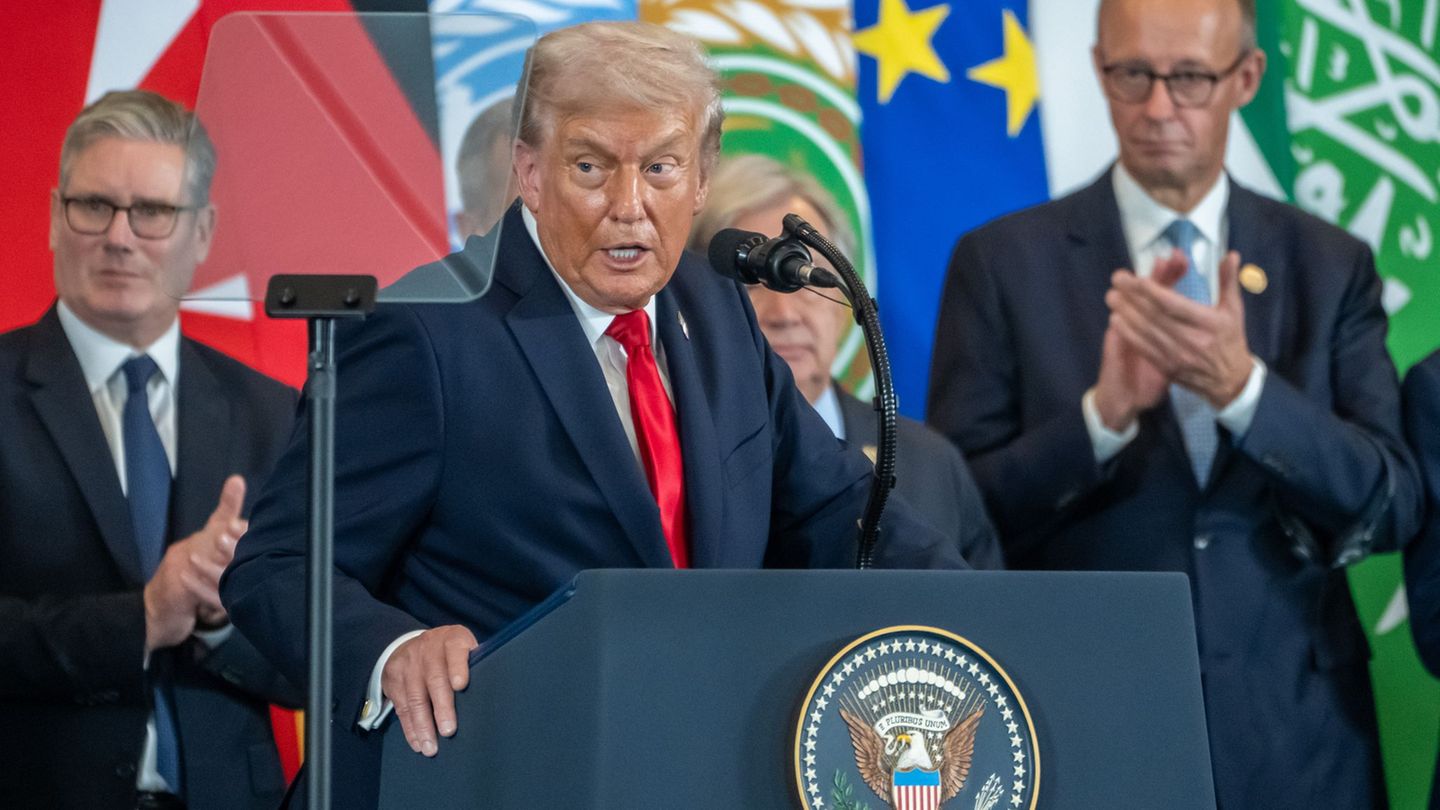After a long struggle, the traffic light coalition has agreed on a budget, but the financial difficulties remain great. The Bundesbank stresses that Berlin should not expect a financial windfall from Frankfurt for years.
The German Bundesbank has confirmed that it will not be able to transfer any profits to the federal government for a long time – despite the current budgetary constraints. “When inflation was too low, we bought low-interest bonds for monetary policy reasons,” Bundesbank President Joachim Nagel told the “Tagesspiegel”. But now interest rates have risen, which has resulted in losses on the balance sheet. “The finance minister will therefore probably have to manage for a few years without a Bundesbank distribution,” said Nagel. But there will be profits again in the future. “The Bundesbank’s balance sheet is solid.”
The Bundesbank had to bear losses of more than 21 billion euros in 2023 due to the interest rate turnaround – the highest value in its history. The central banks of the Eurosystem had bought government and corporate bonds on a large scale in recent years to stimulate the economy and mitigate the economic consequences of the corona pandemic. Many of these securities yield relatively low interest rates, while at the same time the central banks have to pay commercial banks significantly higher interest rates for parked funds. “We expect not to be able to distribute profits for a long time,” Nagel said in February.
The Bundesbank’s gold reserves will also remain untouched, Nagel confirmed, reiterating similar statements from back then. “Apart from small amounts for the usual collector’s coins, we are not selling anything,” he told the “Tagesspiegel”. “Gold is an anchor of trust and has a high symbolic value, especially for the population.” With a view to the long-term development of the gold price, it was right “that we hold onto the gold permanently.”
Source: Stern




